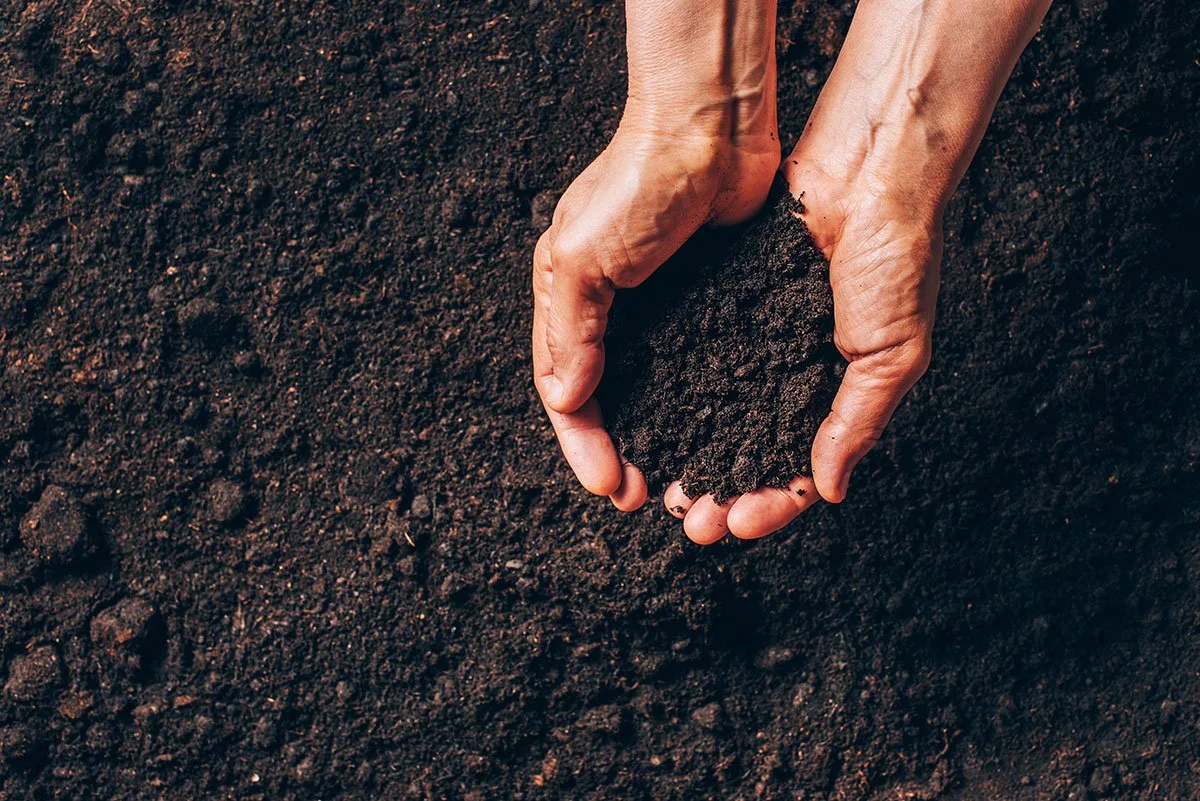Recycled Topsoil vs. Screened Compost: Which Should I Use?
Whether you're starting a garden, leveling a lawn, or prepping for new landscaping in the Birmingham area, choosing the right material can make all the difference. Two of the most common (and often confused) options are recycled topsoil and screened compost. While both are valuable in their own right, they serve different purposes.
So—recycled topsoil vs. screened compost—what's the difference, and when should you use each? Let’s dig in.
🌱 What Is Recycled Topsoil?
Recycled topsoil is a screened, reused layer of soil recovered from landscaping, construction, or excavation projects. At RCM Alabama, we carefully process and screen this material to remove debris, making it ready to support planting or grading.
🛠️Top benefits of recycled topsoil:
Cost-effective alternative to new topsoil
Great for grading and filling low spots
Provides a solid base layer for lawns and gardens
🛠️ Best Uses for Recycled Topsoil in Birmingham:
Leveling or backfilling yards and low areas
Building up garden beds
Laying the foundation before applying compost or mulch
Prepping for sod or seeding a new lawn
Recycled topsoil is especially handy for Birmingham homeowners dealing with uneven yards or Alabama clay soil that needs a little improvement before planting.
🌿 What Is Screened Compost?
Screened compost is made from decomposed organic material—like yard clippings, food waste, and other natural matter—broken down into nutrient-rich, fine-textured material. It’s screened to ensure consistency and remove any large particles.
🛠️ Top benefits of screened compost:
Rich in nutrients for plant growth
Improves soil structure and drainage
Boosts microbial activity for healthier soil
🛠️ Best Uses for Screened Compost in Birmingham:
Amending garden soil before planting
Topping off vegetable beds
Mixing into flower beds or landscape areas
Improving compacted or clay-heavy soils
With Birmingham’s variable soil quality and hot summers, screened compost can give your plants the extra boost they need to thrive all season long.
⚖️ Recycled Topsoil vs. Screened Compost: Which One Do You Need?
If you're deciding between recycled topsoil and screened compost, the best choice depends on your specific project. For leveling uneven ground, backfilling low areas, or creating a solid base for new landscaping, recycled topsoil is your go-to. It’s cost-effective and provides structure—perfect for building up areas before laying sod or planting grass seed. On the other hand, if you're looking to improve soil quality, boost plant growth, or prepare vegetable or flower beds, screened compost is the better option. It’s rich in nutrients and great for enhancing existing soil, especially in Birmingham’s often clay-heavy yards. For new lawns or landscaping projects, many people choose to use both—starting with recycled topsoil for bulk fill and layering screened compost on top to support healthy plant growth.
For most landscaping or gardening projects around Birmingham, a combination of both materials works best. Use recycled topsoil for bulk fill and structure, then layer screened compost to boost soil health and plant performance.
🚛 Need Recycled Topsoil or Screened Compost in Birmingham, AL?
RCM Alabama proudly supplies both high-quality recycled topsoil and screened compost to homeowners, landscapers, and contractors throughout the Birmingham area. Whether you're grading a yard, refreshing a garden, or laying sod, we’ll help you get the right materials for the job—delivered when and where you need them.
Contact us today for pricing, availability, and expert recommendations for your next project!

